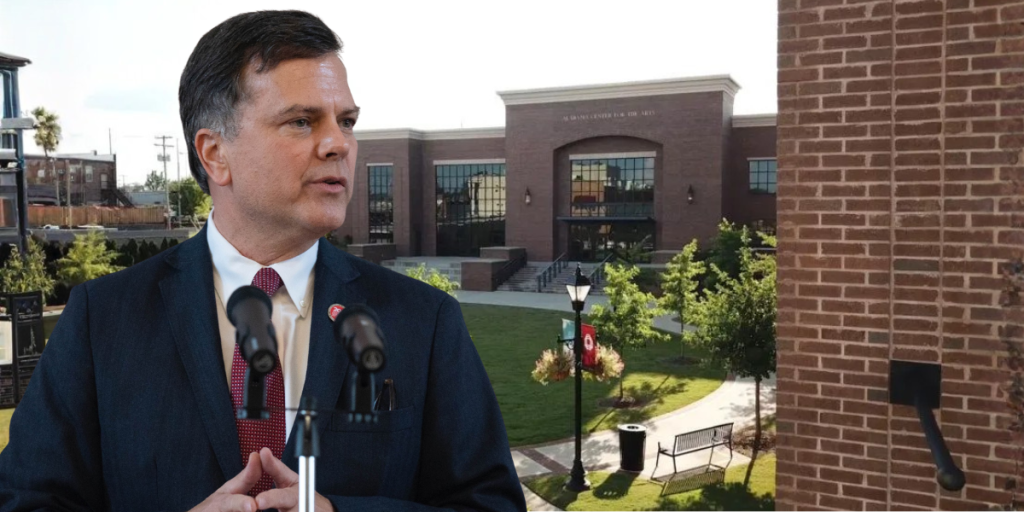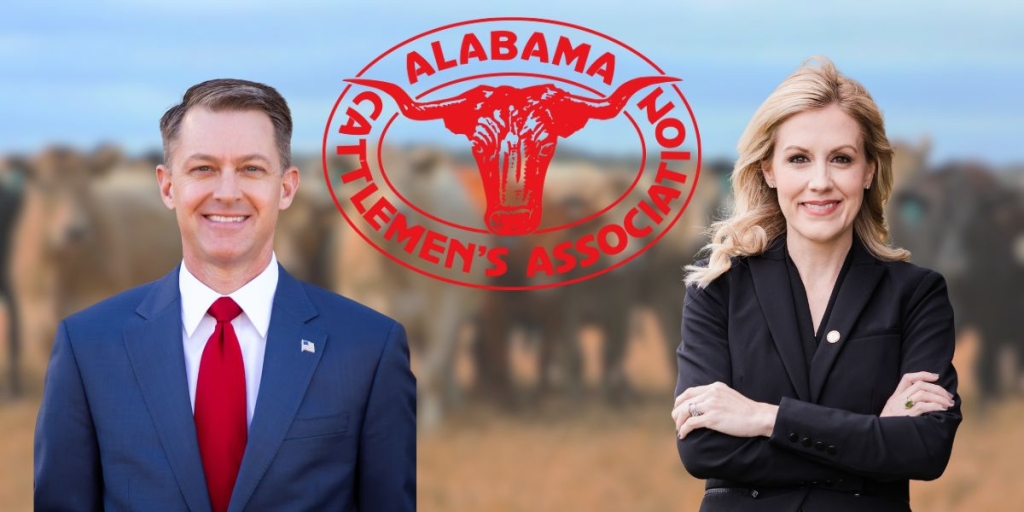
Letter to Editor:
By Scott Dawson
The Bible is very clear when it comes to lending, interest rates, debt and how we treat the underprivileged. Exploiting the poor through predatory lending practices was wrong in Biblical times and it remains wrong in Alabama communities today.
Sadly, the state of Alabama has a true problem when it comes to predatory, toxic loans, and it is time for change.
In 2015, 2.1 million toxic loans were taken out from approximately 246,000 borrowers in our state. 50% of these borrowers extended their loans more than six times, and more than $116 million were paid in fees alone, according to the Alabama Superintendent on Banking.
The annual percentage rate on a payday loan in our state averages around 300% and can be up to 456%. For instance, this means that a borrower could eventually pay back more than $700 for an initial $300 loan. For car title loans a borrower can pay up to 300% and can lose their car title.
This is something I was not even aware of until recently, and now that it has been brought to my attention – I feel called to educate fellow pastors and church members of this problem, and particularly how corrupt the problem is in Alabama.
Alabama has more payday lenders per capita than any other state, we must push for more regulations for payday lenders and lesser interest rates for borrowers.
There are numerous Scripture references in both the Old and New Testament that speak to the dangers of usury and how we should care for those who are affected: Exodus 22:25, Ezekiel 18:13, Nehemiah 5:1-3, Luke 6:34-36 and 16:19-31 as well as Matthew 6:24.
Much like the lottery debate, this is a moral issue which demands our attention. As a traveling evangelist, I’ve been blessed with the opportunity to speak in all parts of our state- and get to know many of our state’s leaders and legislators.
The toxic loan business model is profitable when short-term loans are very costly, leading to the borrower being trapped in a “cycle of debt.” As the local church, we should be helping individuals trapped in these toxic cycles of debt.
This means that we should:
- • Encourage our legislators to pass legislation with a 36% (or lower) cap on short-term loans from payday or title lenders in the upcoming legislative session, to match caps of neighboring states.
• Offer financial literacy classes for those in local congregations and for those in the community.
• Encourage Alabamians that those in need of money have access up to $1,000 under Alabama’s Small Loan Act. There options out there for people who need loans, including loan options at local credit unions.
The effects of predatory lending rob individuals and families of the opportunity for economic viability, and there is no moral justification for charging the exorbitant interest rates that are currently provided. Alabama borrowers deserve better than short-term loans they cannot afford. In fact, 18 states have either limited or banned payday lending.
Recently, Representative Bob Fincher (R-Chambers County) introduced HB321, a bill calling for a vote on an AL constitutional amendment to limit the APR on all loans to 36%. The bill’s 45 sponsors include 30 Republicans (including the Speaker of the House) and 15 Democrats.
Also, Senator Arthur Orr’s bill SB284- Omnibus Consumer Lending Reform structures reforms based on information collected by the State Banking Department’s payday lending database and from the Consumer Credit Task Force discussions.
This bill retains a lender’s ability to make loans, but reins in abusive lending practices and it reduces the likelihood of an individual becoming stuck in a cycle of debt.
It also addresses loopholes in existing consumer lending laws that undermine transparency and enable lenders to evade the law as well as crafts a balanced solution, giving both sides of the debate the benefit of the doubt: that borrowers need access to emergency loans; so long as creditors don’t create a debt trap.
I want to commend our legislative body for taking a stand in regards to toxic loans in our state.
Both of the bills are steps to do the right thing for Alabamians.
Scott Dawson
Evangelist, Scott Dawson Evangelistic Association
www.scottdawson.org












